leonard cohen je napisao/la:
jedna mi stvar nije jasna. ako je brand sad u bubnju i ekipe ispod capa ga mogu dovest, moze li on sve te ekipe odbiti i ici u neku ekipu koja je iznad capa?
Vidi cijeli citat
koliko ja znam ne može, evo što salary cap faq kaže o amnestyu
Amnesty is a one-time opportunity for teams to release one player via the
waiver process (see question number 63) and remove him
from their team salary and luxury tax computations. For a player to be
eligible for the Amnesty provision he must be on his team's roster
continuously from July 1, 2011 to the date he is amnestied, without any new
contract, extension, renegotiation or other amendment to his contract in
the meantime. Players who were waived prior to July 1, 2011 and are still
receiving guaranteed salary are also eligible. Teams cannot amnesty players
they sign, receive in trade, extend, renegotiate, or otherwise amend after
July 1, 2011.
Amnesty can be used prior to the 2011-12 through 2015-16 seasons, although
teams may use the provision only once in total -- not once per season. For
the 2011-12 season the Amnesty provision was available from December 9-16,
2011. For the 2012-13 through 2015-16 seasons it is available for the first
seven days that follow the July moratorium (see question number
101).
Players waived using this provision are not counted in team salary (see
question number 14) or luxury tax (see question number
21) computations, except for the following:
- Amnestied players continue to count toward the minimum team payroll
(see question number 15).
- Amnestied players continue to count toward the players' league-wide
revenue guarantee (see question number 18).
As with any other waived player, teams must continue to pay the guaranteed
base salary of their amnestied players.
Also as with any other waived player, another team may place a waiver claim
in order to acquire the player before he clears waivers (see question number
63). But amnesty is different from the normal waiver
process in that it allows teams to make either a full or partial waiver claim.
When a team makes a full waiver claim it acquires the player, assumes his
full contract, and pays all remaining salary obligations (and the waiving team
has no further salary obligation to the player). Full waiver claims have
precedence over partial waiver claims -- if one team makes a full waiver
claim and another makes a partial waiver claim, the team making the full
waiver claim is awarded the player. If multiple teams make full waiver claims,
the player is awarded to the team with the worst record.
A partial waiver claim is a bid for a single dollar amount. If no team makes
a full waiver claim, the player is awarded to the team submitting the highest
bid in a partial waiver claim. If multiple teams bid the same amount, the player
is awarded to the team with the worst record. When a team is awarded a player
via a partial waiver claim, it pays the following portion of the player's
salary:
- The amount of their bid, spread pro rata across all remaining guaranteed
years of the player's contract
- All non-base compensation, such as bonuses
- 100% of the player's salary in non-guaranteed seasons
The waiving team continues to pay the remainder of the player's salary -- any
portion that is not paid by the claiming team. For example, the New York Knicks
amnestied Chauncey Billups in 2011 with one year remaining on his contract for
$14.2 million. The Los Angeles Clippers submitted the only bid, for $2,000,032.
The Clippers paid Billups the amount of their bid, with the Knicks responsible
for the remaining $12,199,968. This system (plus the rules for minimum bids,
as described below) helps ensure that the waiving team doesn't have to pay the
player more than they would have paid had they waived their player without
amnesty.
The minimum bid for a partial waiver claim is whichever of the following is larger:
- The sum of the player's minimum salary for all remaining years of his
contract, except for completely non-guaranteed seasons (seasons with 0%
salary protection) which are ignored for this purpose.
- The sum of all non-guaranteed salary in partially-guaranteed seasons.
For example, if a 10+ year veteran is amnestied in 2012 with three years
remaining on his contract at $10 million each season, and his salary is
guaranteed 100% in 2012-13, 60% in 2013-14, and 0% in 2014-15, then the
minimum bid for a partial waiver claim is $4 million -- the unprotected
amount in the partly-protected 2013-14 season, which is larger than the
sum of the minimum salaries for the 2012-13 and 2013-14 seasons. Since
the 2014-15 season is completely unprotected, it is ignored when
determining the minimum bid amount.
If instead the above player's salary was 100% guaranteed in all three
seasons, the minimum bid amount would be $4,200,178 -- the sum of the
minimum salaries for a 10+ year veteran for those three seasons.
In order to submit a bid for a partial waiver claim, the bidding team must
have cap room equivalent to the portion of their bid that would be charged
to team salary in that season, plus the amount of any likely bonuses (see
question number 72) for that season. If necessary, teams
can create this cap room by waiving non-guaranteed players, but not by making
trades. The team must make the cap room available immediately upon being
awarded the amnesty claim.
An amnestied player's Bird clock does not reset when he is awarded to the
team with the winning bid. In addition, for the purpose of the non-Bird or
Early Bird exception (see question number 25) his prior
salary is considered to be his full salary prior to being amnestied. For
example, Chauncey Billups was amnestied prior to the 2011-12 season with one
season remaining for $14.2 million, and claimed by the LA Clippers for just
over $2 million. He becomes a non-Bird free agent at the end of the 2011-12
season with the Clippers eligible to offer up to 120% of $14.2 million, or
$17.04 million.
The waiving team may not re-sign or re-acquire the player for the length
of his contract (which includes seasons following an ETO, but does not
include seasons following an option), and the claiming team is prohibited
from trading the player until the following July 1.
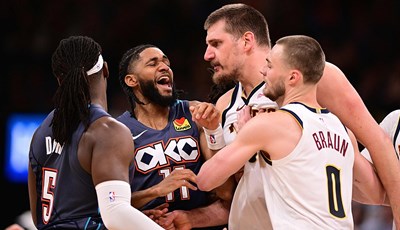
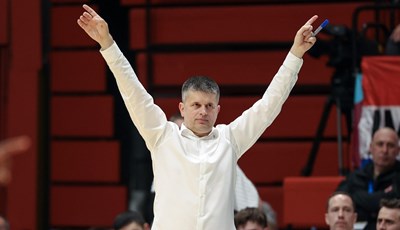
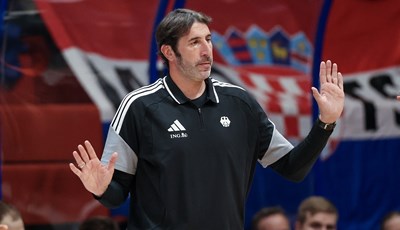
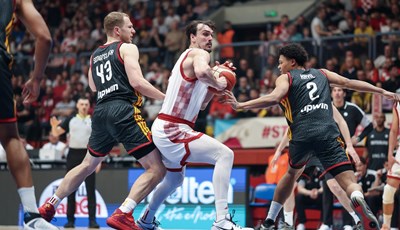

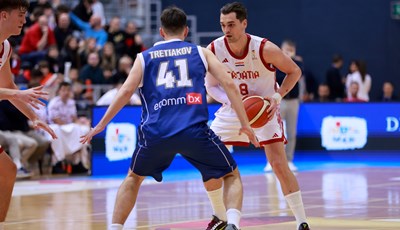
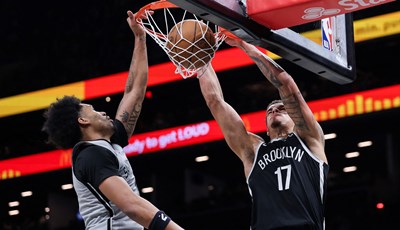
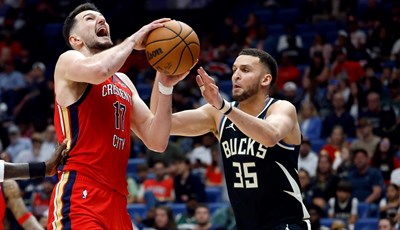
![[FNC 28 UŽIVO] Hrvati dominiraju i nižu pobjede prekidom u Slavonskom Brodu!](/photos/_resized/521/07/0000000000521078_400_230_cut.jpg)
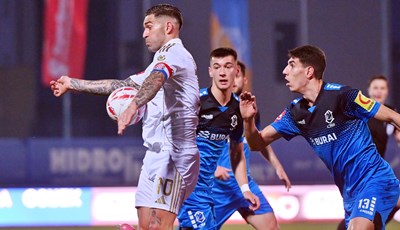
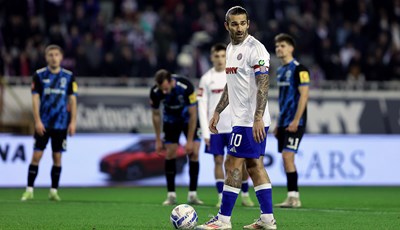
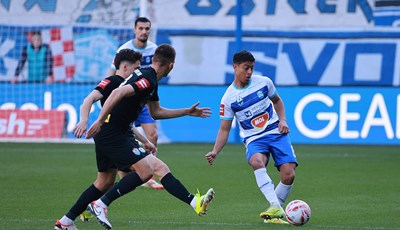
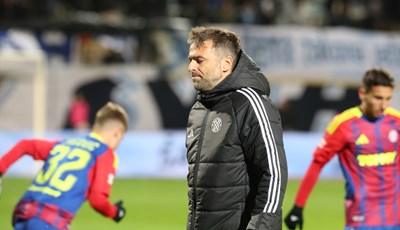

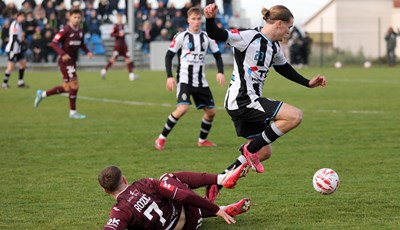
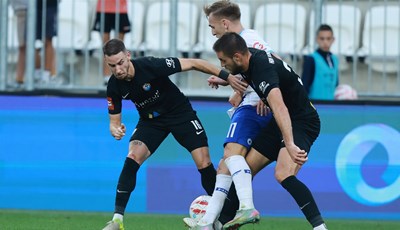



 tada sam rekao da je to preloša odluka Netsa, eto vam, ETO
tada sam rekao da je to preloša odluka Netsa, eto vam, ETO 




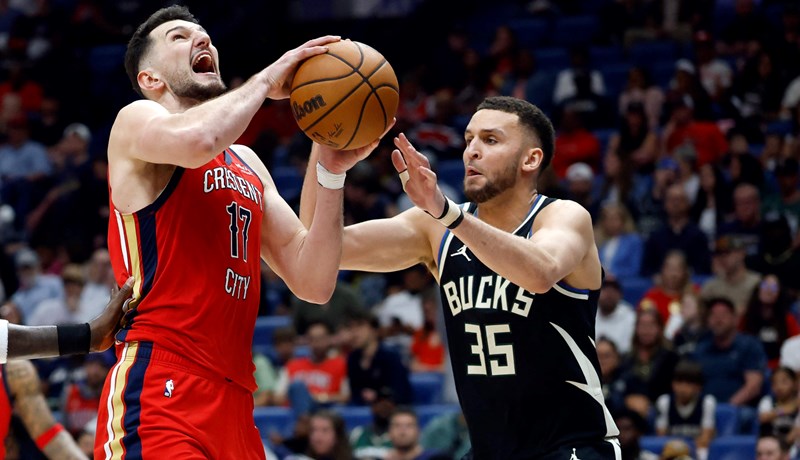
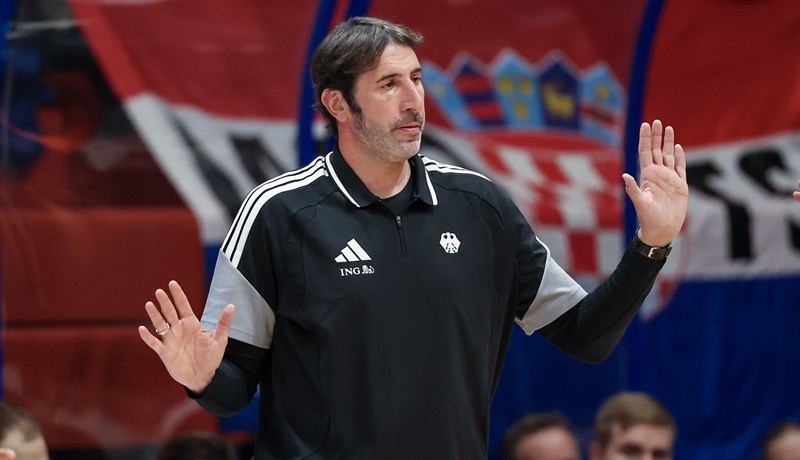
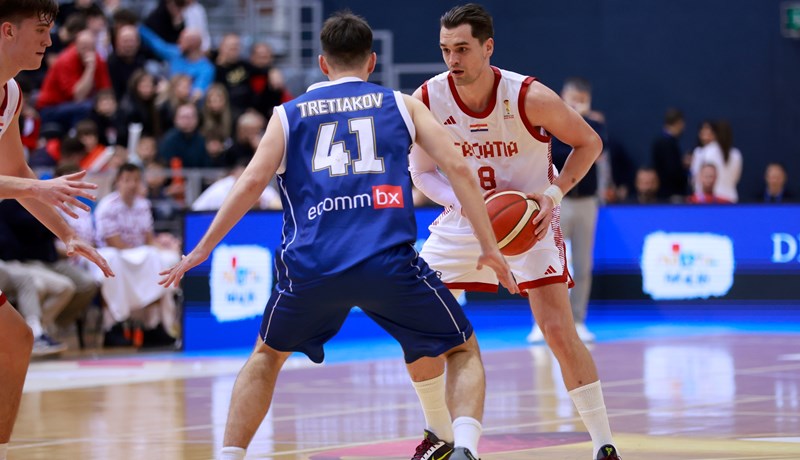
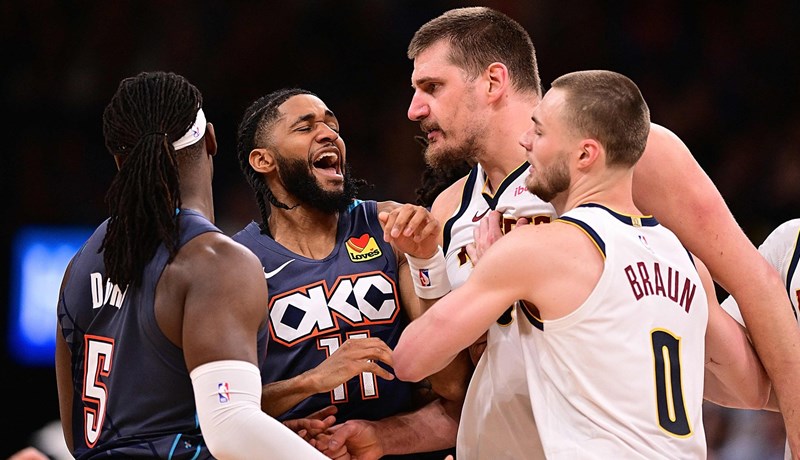
 ili nije jer Tyson nikada nije ni zaslužio da bude DPOY, ja bi to dao Ibaki ili Howardu koji su i završili u petorci.
ili nije jer Tyson nikada nije ni zaslužio da bude DPOY, ja bi to dao Ibaki ili Howardu koji su i završili u petorci.